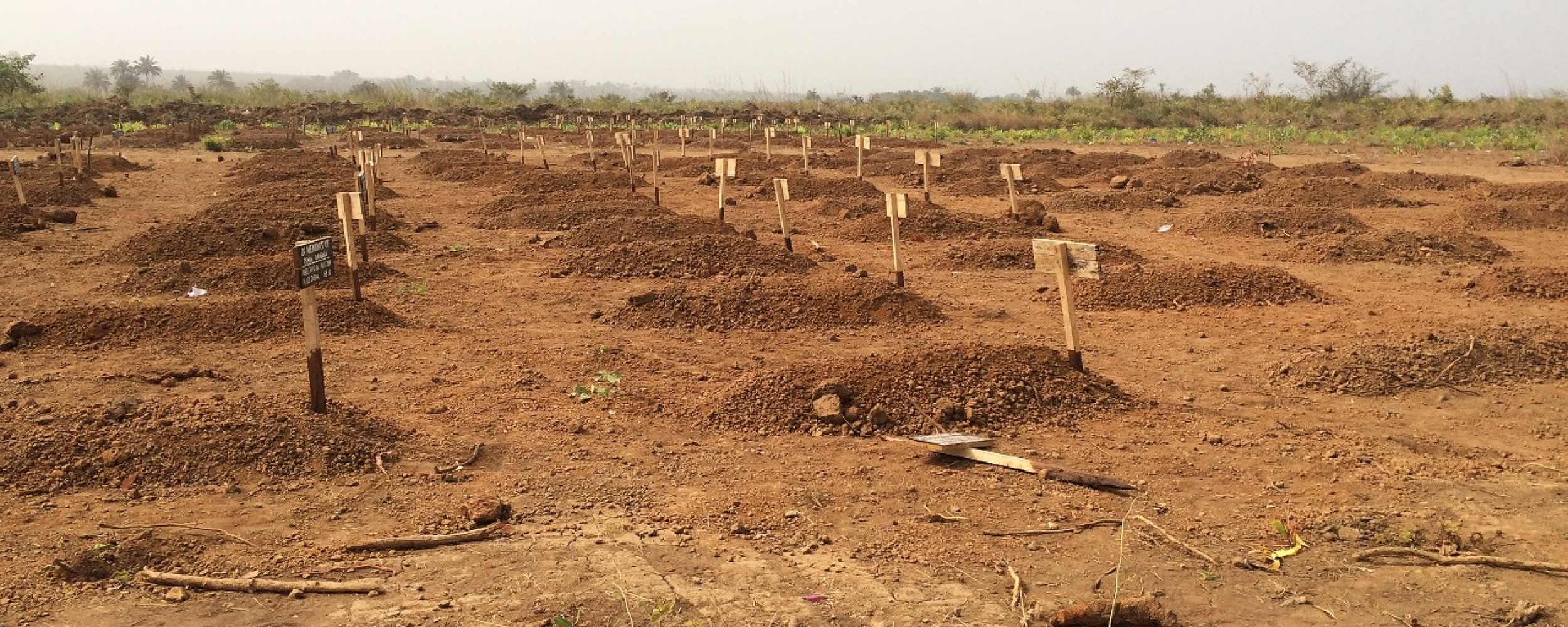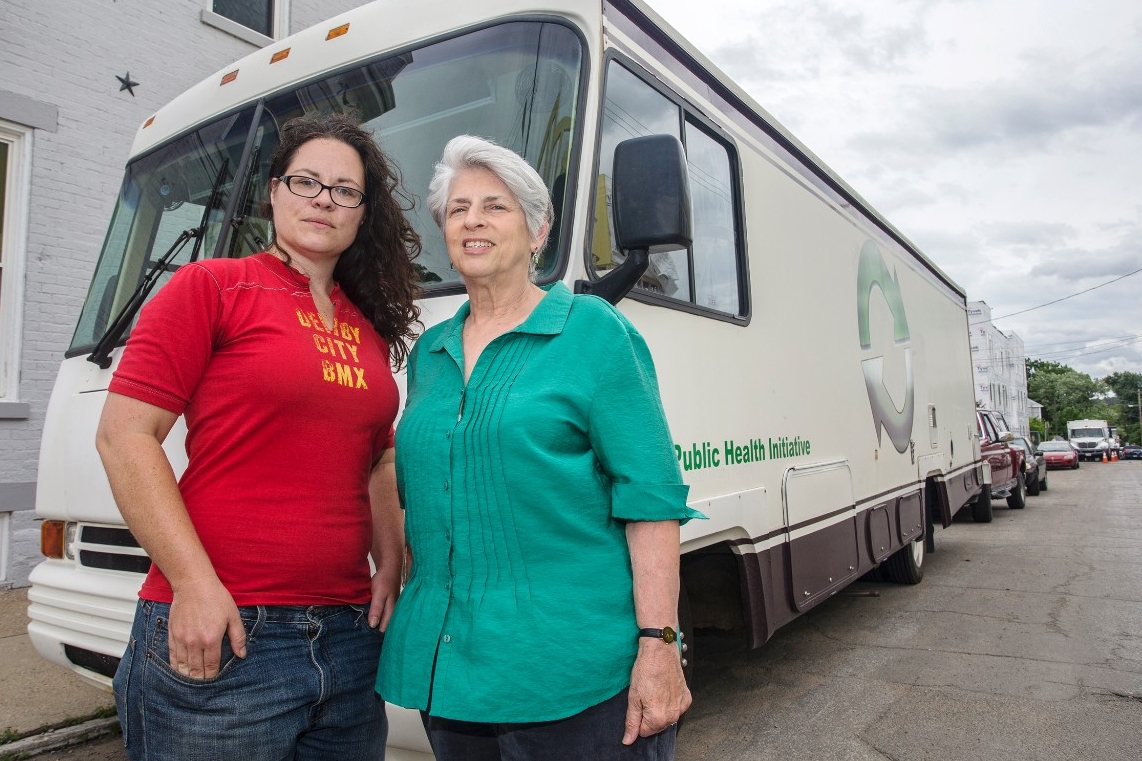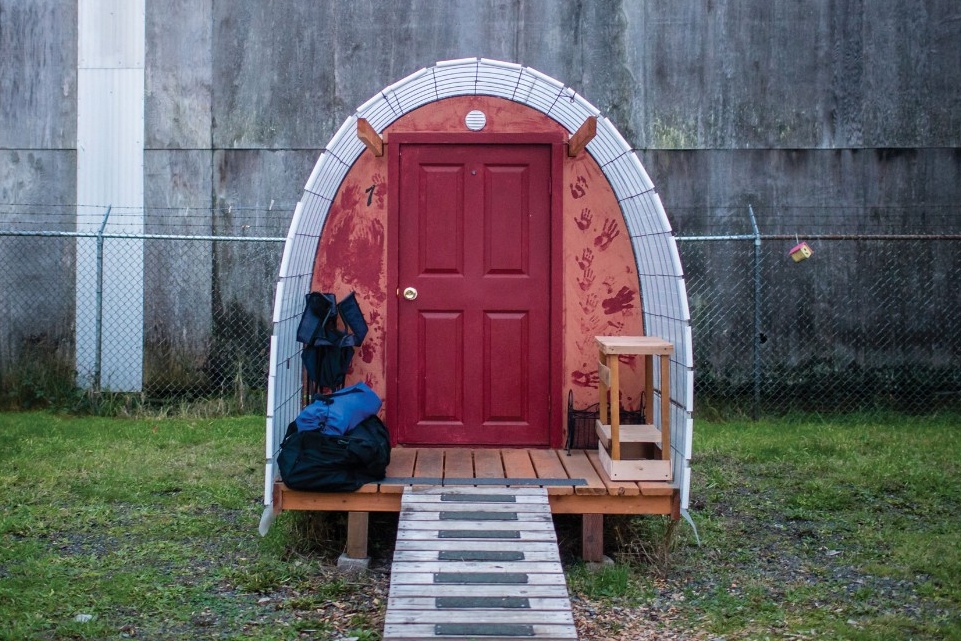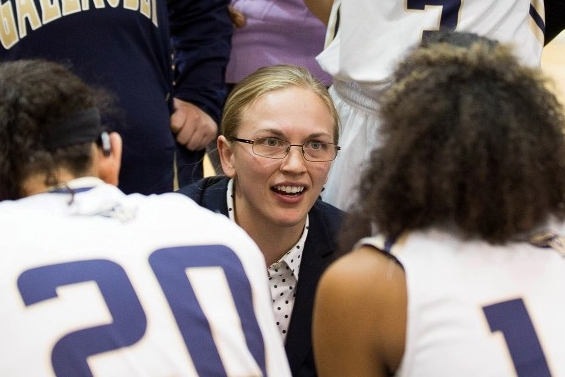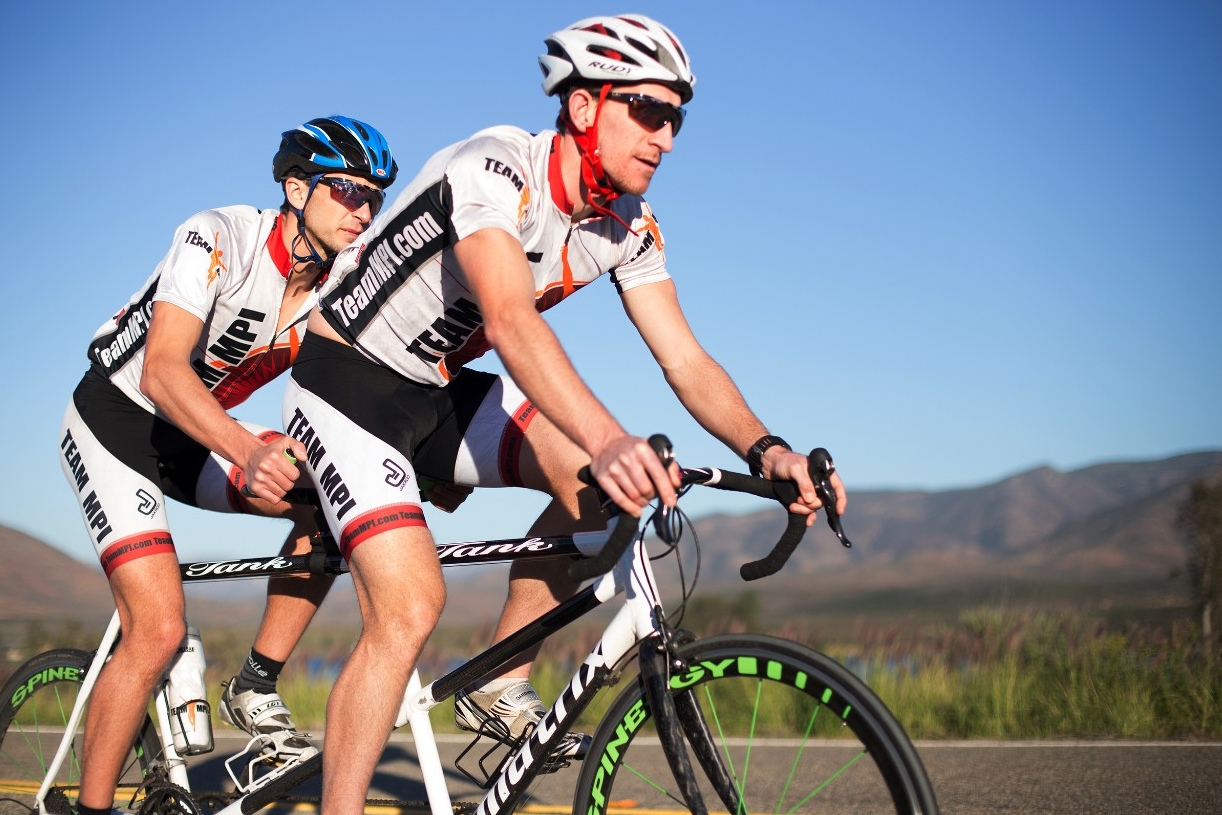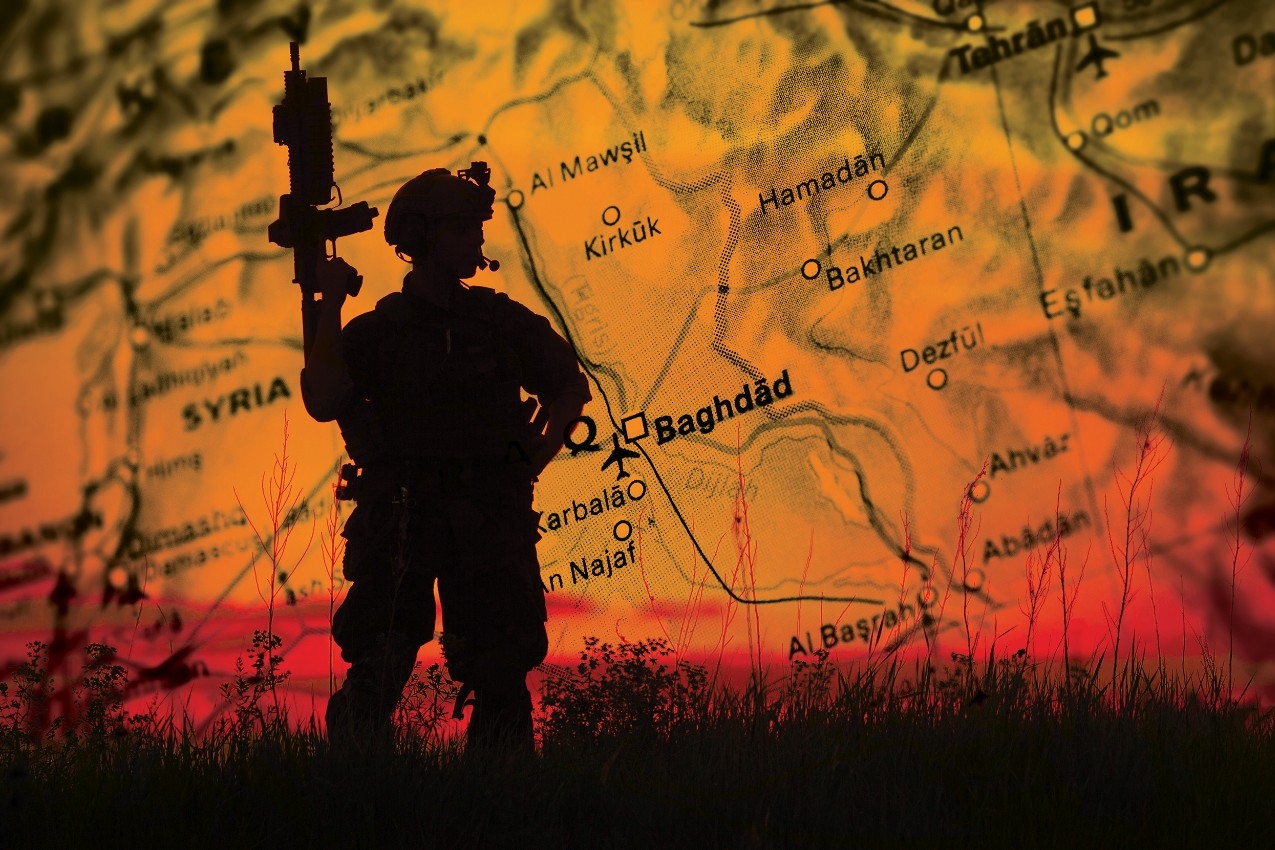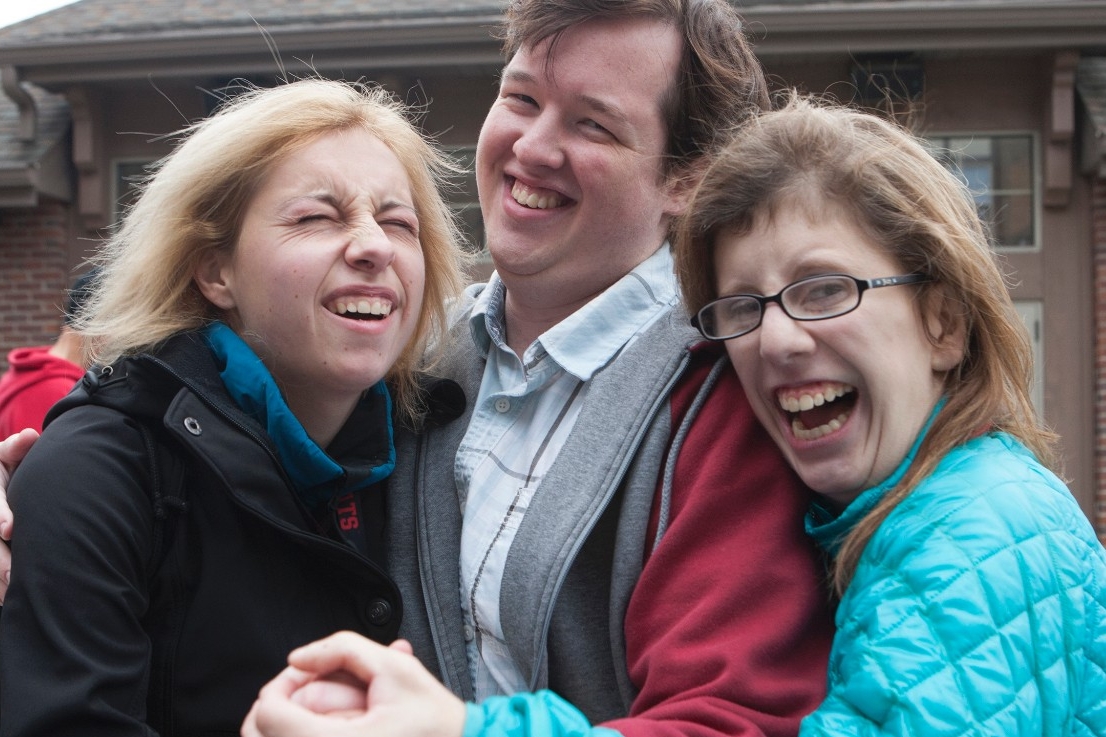Call of the homeland
Nursing professor went willingly to the front lines of the Ebola outbreak in West Africa to care for the sick and dying in his birth country

Cheedy Jaja recalls his first steps into the Ebola Treatment Unit.
“I said to myself, ‘What was I thinking?’ We walked into this ward and the first thing I saw on the floor was a female. She was half naked on the concrete floor. They get so hot from fever they just want to lie on the concrete because it’s cold. Kids would crawl out of their bed and lie on the concrete floor and take off their clothes.”The woman, in her late 20s, was dead. Jaja and his colleagues covered her up and sprayed her with chlorine.
Trained as a nurse clinician, Jaja is an associate professor and health research scientist at the UC College of Nursing. He felt a wrenching need to ease the suffering after watching daily news reports last fall about the Ebola epidemic. Though he had lived in the United States for 28 years, he was born in Sierra Leone, one of three countries hardest hit by the 2014 outbreak in West Africa. Unable to put the crisis out of his head, Jaja volunteered to go and spent six weeks caring for Ebola patients in his homeland.
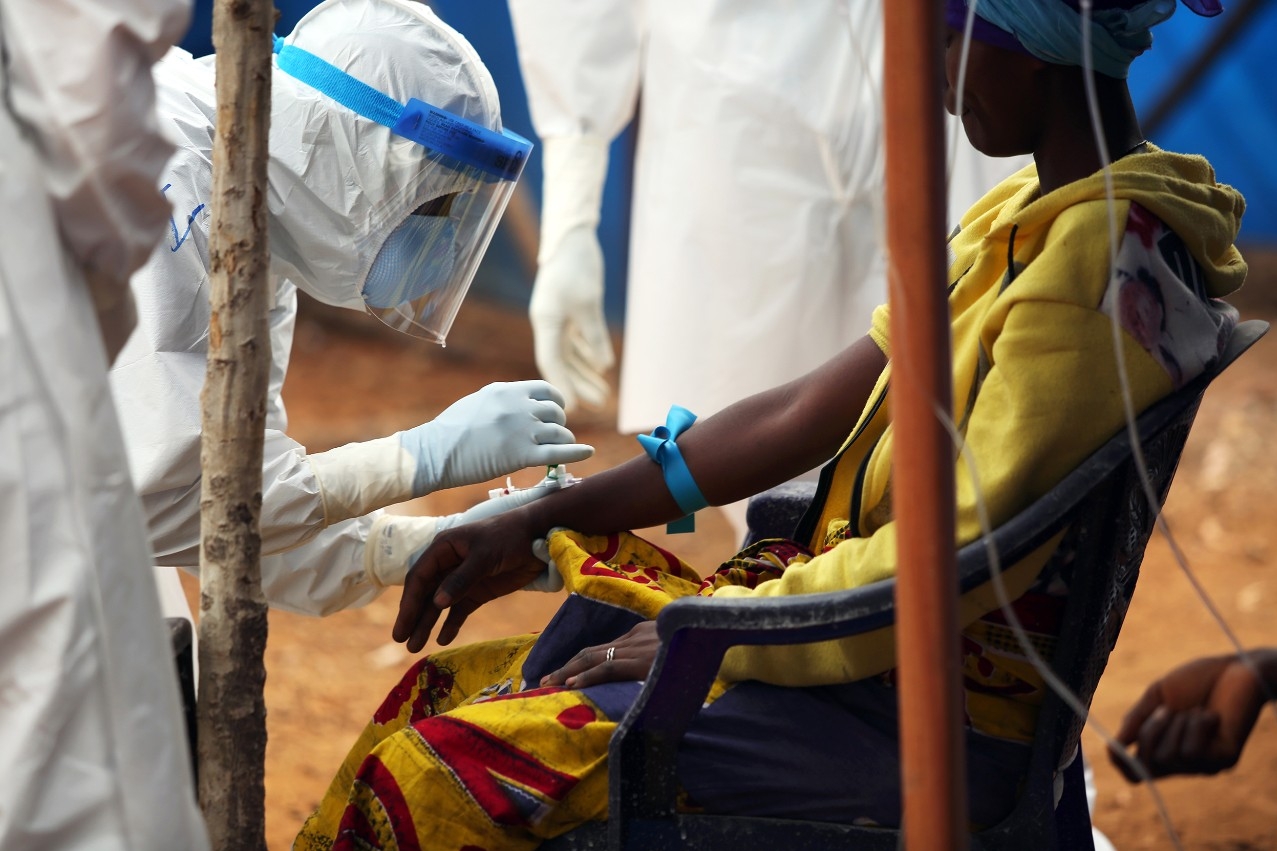
A volunteer from Partners in Health treats a patient in the Maforki Ebola Treatment Unit in Sierra Leone. photo/Rebecca E. Rollins/Partners in Health
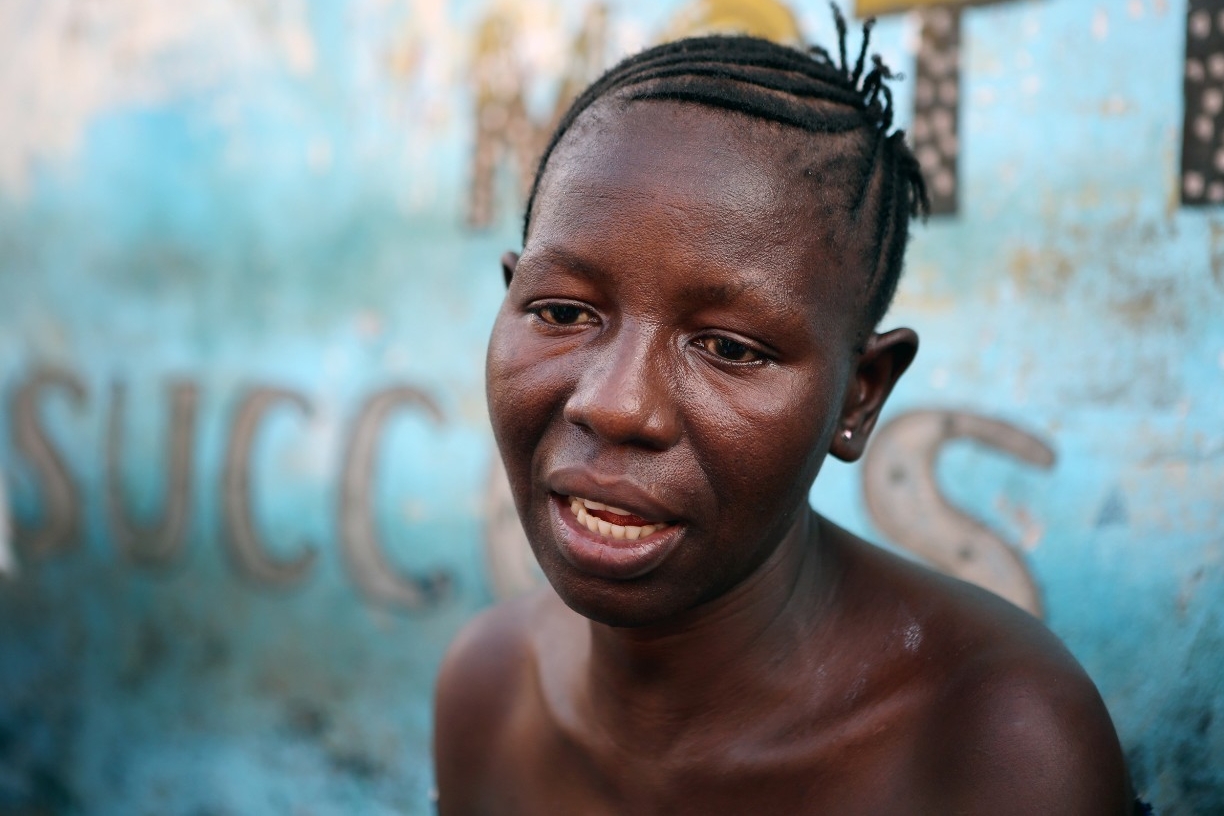
An Ebola survivor in Sierra Leone shares her story. Photo/Rebecca E. Rollins/Partners in Health
With strong support from his family and Nursing Dean Greer Glazer, Jaja connected with Partners in Health, a Boston-based nongovernmental organization. He left for Sierra Leone a few days before Christmas, eventually reaching Port Loko, a town of about 24,000 with a tent city constructed by the Danish Emergency Management Agency. A converted school complex served as the Maforki Ebola Treatment Unit, or ETU, with a daily census between 20 and 60 patients.
“It was difficult being around people who have no hope at all,” he says. “You could actually tell a patient who was going to die. They have a blank stare on their face. There’s so much death and dying. It took all of us by surprise.”
Each time he saw patients he went through the intricate “donning” and “doffing” of personal protective equipment, or PPE, including a hooded Tyvek bodysuit, N-95 face mask, boots, theatre cap, three pairs of gloves, face shield and apron.
“It would take almost 15 minutes to put on,” Jaja recalls. “Everyone was assigned a buddy, and each would check the other’s PPE to ensure it was put on properly.
“Once the PPE was on, we were labeled with our role — ‘nurse,’ ‘doctor,’ ‘sprayer,’ ‘hygienist,’ ‘corpse team’ — our name and the time entering the unit because you could only be in the suit for no more than two hours.”
Two-member teams would go from the healthier patients to the sicker ones, assessing them, doing a physical exam, providing medications and fluids and encouraging them to drink as much as possible. All caregivers were sprayed with a chlorine solution after each patient encounter.
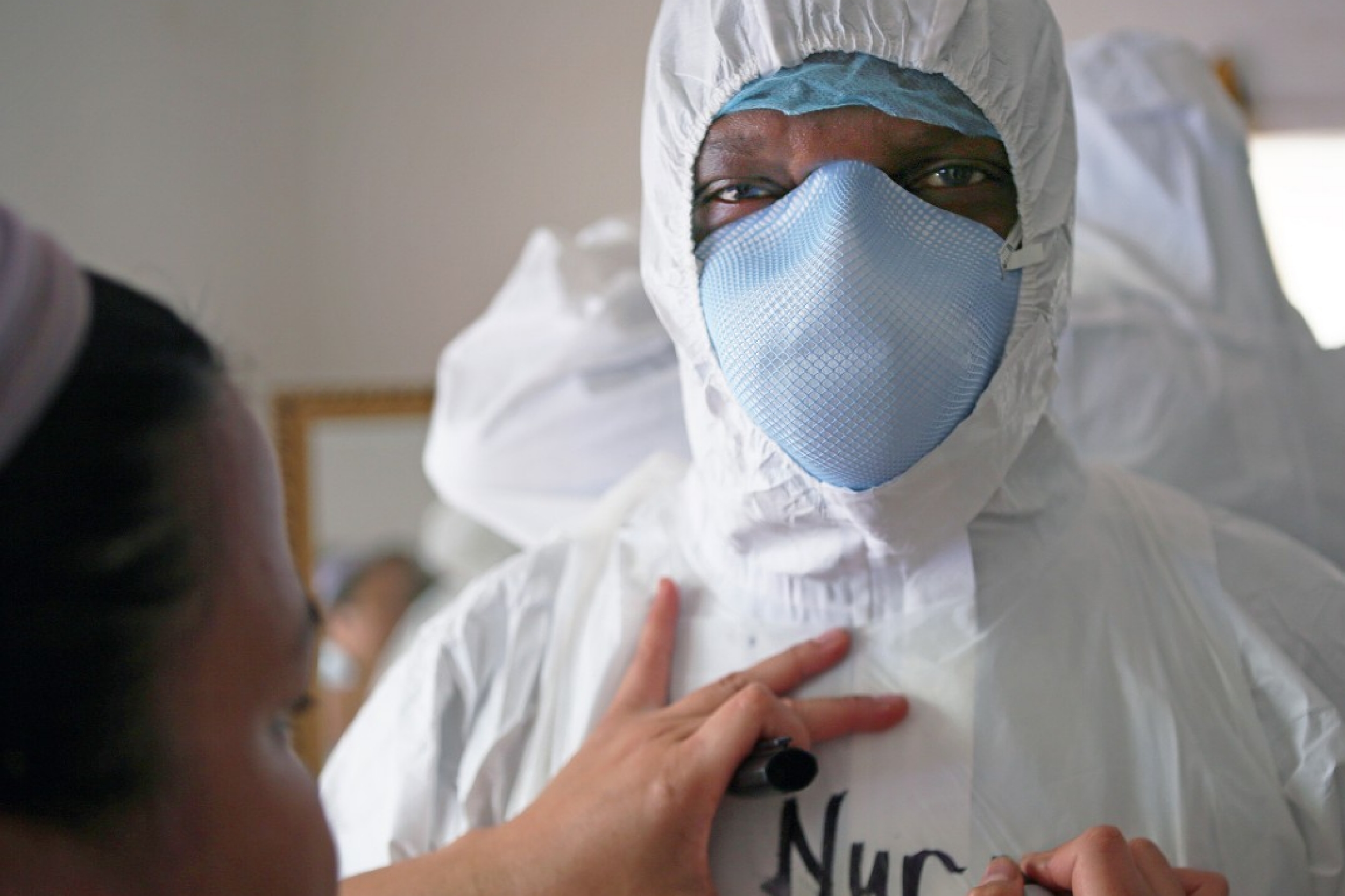
UC nurse Cheedy Jaja gets prepped to enter the Ebola treatment unit. Photo/Rebecca E. Rollins/Partners In Health
Two hours later they would follow a meticulous process of removing their PPEs. Each would be sprayed again with chlorine and systematically remove the suit knowing that most health care worker infections occurred because of suit removal mistakes. A final hand wash with chlorine and then soap and water completed the 15-minute process. “By the time you take off the PPE you are drenched. Your boots would be filled from your sweat,” Jaja says.
He returned to the United States Jan. 28 and spent three weeks in quarantine. Months later, however, the impact of the trip is still top of mind.
“Everything seems so ordinary now. Writing a manuscript pales to holding the hand of a child, wiping her brow or removing that dead child from her bed. It does not compare.
“Each time I interacted with a patient, for the grace of God that could have been me. Each patient I treated, I told myself that I was treating myself. Empathy, compassion and the ability to make do with very little is so important.”
“I got to sign the certificates that said they survived and were allowed back into their community.
‒ Cheedy Jaja
“Ebola strips individuals of all sense of dignity,” Jaja added. “There is something about it, it deprives you of your sense of humanity. That’s what I found most surprising. It was a miracle when someone survived. The impact of how the disease decimated families, that was hard for me. This loss of dignity is what really got to me the most.”
LINK:
Partners in Health's Ebola response

Rich Puff
Rich is an assistant vice president of Academic Health Center Public Relations and a contributor to UC Magazine.
richard.puff@uc.edu

